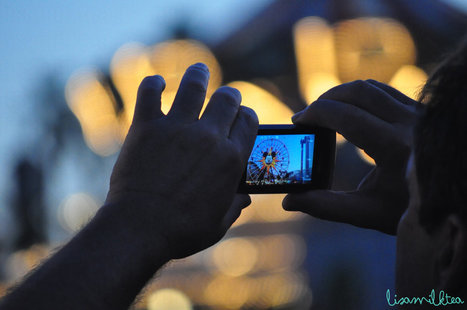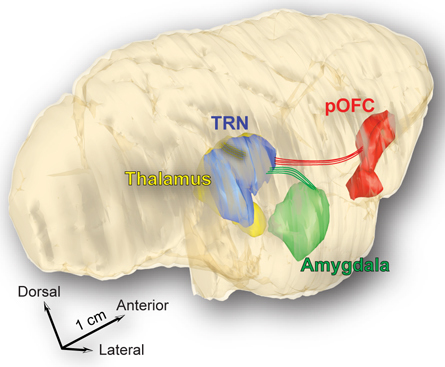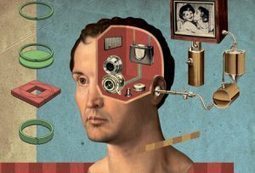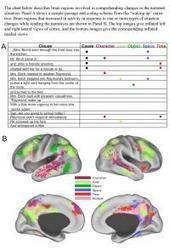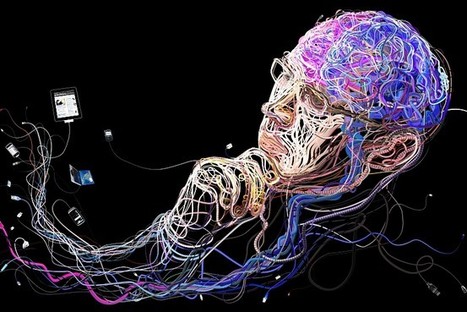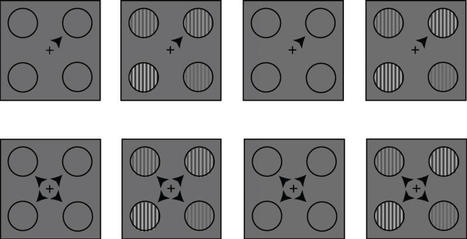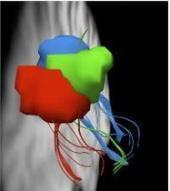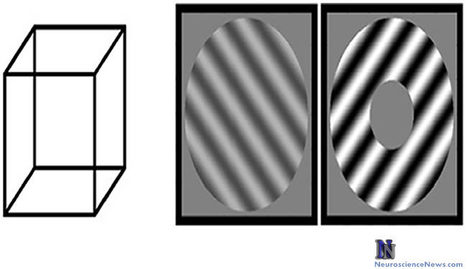There's no evidence that children today are less attentive or more distractible than kids in the past, according to research just published by a team of Pennsylvania psychologists
Research and publish the best content.
Get Started for FREE
Sign up with Facebook Sign up with X
I don't have a Facebook or a X account
Already have an account: Login

 Your new post is loading... Your new post is loading...
 Your new post is loading... Your new post is loading...
|
|





